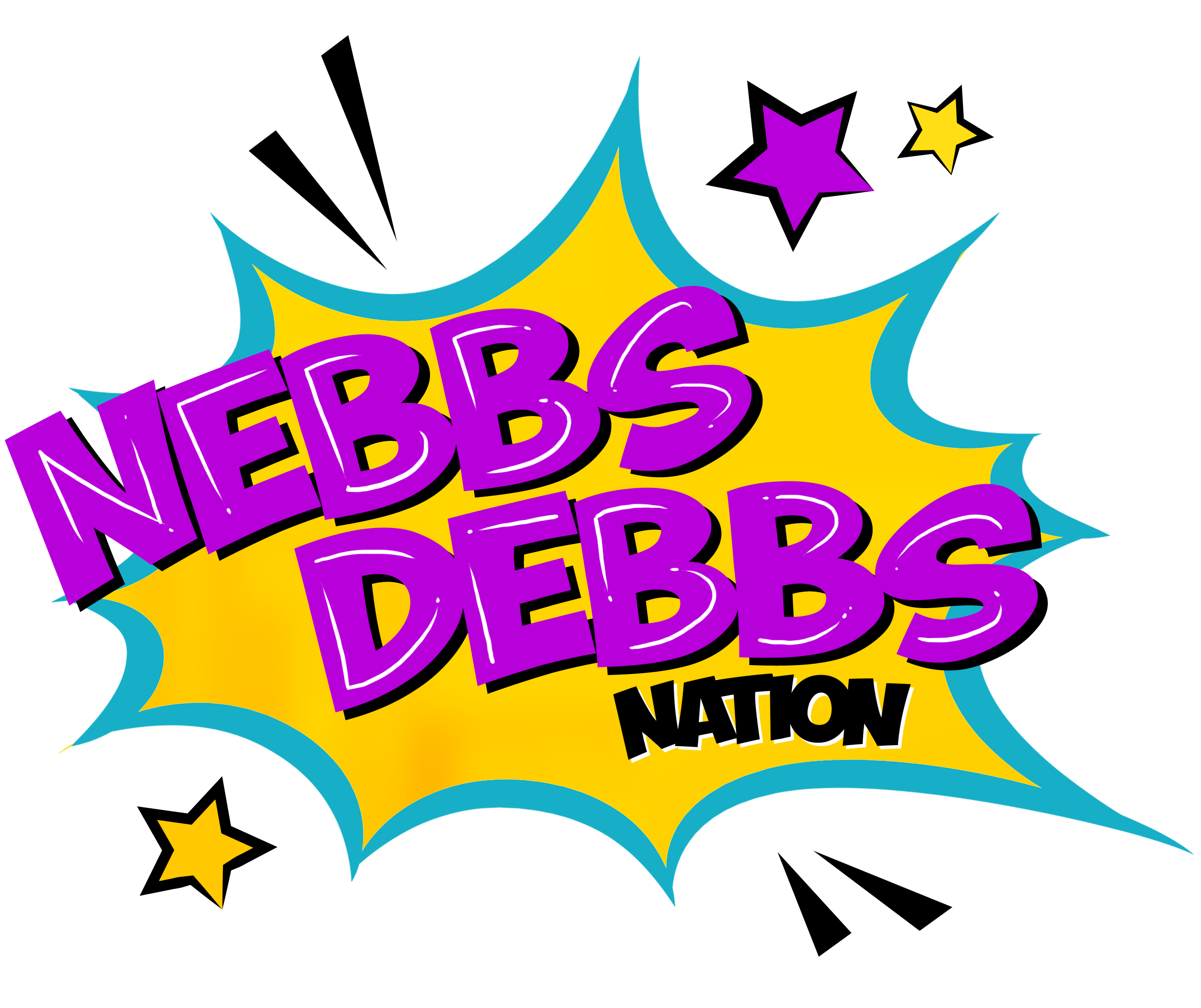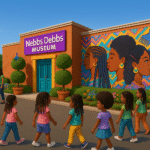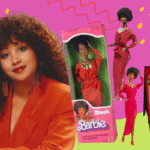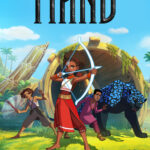
For Black children, media representation is not just about visibility—it’s about possibility. When young minds consistently see heroes, thinkers, creators, and leaders who look like them, it helps build a foundation of self-worth that shapes how they walk through the world. While classrooms and books play a role, film is often where emotional connections happen. It’s where children begin to imagine themselves in roles that society may not always make obvious.
Here are 10 essential films that do more than entertain—they inspire, educate, and open powerful doors for Black children and their families.
1. Hidden Figures (2016)
This true story of three Black women—Katherine Johnson, Dorothy Vaughan, and Mary Jackson—who played critical roles at NASA during the 1960s space race, shatters the myth that science, math, and tech are fields reserved for others. These women worked in the background for decades, only to emerge as icons of brilliance and perseverance.
For Black children—especially girls—Hidden Figures proves that intelligence knows no color and that barriers, while real, can be broken with excellence and courage. Parents can use this film as a launching pad to discuss careers in STEM and introduce activities related to math or space exploration.
2. 42 (2013)
Jackie Robinson didn’t just play baseball—he changed the game forever by becoming the first Black athlete to break the color line in Major League Baseball. Chadwick Boseman’s portrayal of Robinson is a masterclass in quiet strength, dignity, and endurance in the face of racism.
Young viewers see what real bravery looks like—not in superhuman stunts, but in showing up every day when the world tells you not to. It’s also an opportunity for parents to explore how racism shows up in sports and what leadership under pressure truly means.
3. Ruby Bridges (1998)
At just six years old, Ruby Bridges integrated an all-white school in Louisiana, walking past screaming crowds just to sit in a classroom alone. This dramatization of her life tells that story from her point of view, revealing both the fear and the power of her experience.
Kids watching Ruby will learn that heroism isn’t reserved for adults. Her story encourages conversations about civil rights, racism in schools, and how one small act of courage can change history. For younger children, this is a gentle but truthful way to introduce America’s complex racial history.
4. Soul (2020)
Disney and Pixar’s Soul is a rare animated film that centers on a Black protagonist, Joe Gardner—a jazz-loving middle school music teacher who suddenly finds himself questioning life, death, and what really gives us purpose.
This film doesn’t just show a Black man pursuing his passion—it digs deeper, asking what happens when we tie our value to achievement. It’s beautiful, thoughtful, and brimming with affirmations for children who are learning to dream. Parents can ask: What makes you feel alive? What makes you, you?
5. The Gabby Douglas Story (2014)
This made-for-TV biopic tells the story of Gabby Douglas, the first African American to win the individual all-around gold medal in gymnastics at the Olympics. It explores her childhood, her family’s sacrifices, and the internal and external battles she faced on the road to greatness.
Watching Gabby’s journey teaches kids about persistence, mental strength, and believing in yourself even when you’re the only one who does. Parents can use this film to talk about goals, self-discipline, and how big dreams often require big sacrifices.
6. Malcolm X (1992)
Directed by Spike Lee and starring Denzel Washington, this powerful biopic spans the life of Malcolm X, from his troubled youth to his rise as one of the most influential Black leaders in American history.
The film doesn’t flatten Malcolm into a soundbite—it honors his complexity, his transformation, and his enduring power. While it’s best suited for older kids and teens, it’s an essential tool for discussing Black activism, Islam, prison reform, and the different paths toward liberation. Parents should be ready for deep conversations—and kids will walk away more conscious of their own voices.
7. Remember the Titans (2000)
Set in the early 1970s during the forced integration of public schools, this film follows a high school football team learning to overcome racism through teamwork and leadership. Denzel Washington plays Coach Herman Boone, a Black man hired to lead a newly integrated team of white and Black students.
This film is emotional and inspiring, showing that unity isn’t easy—but it’s worth fighting for. Parents can use this movie to talk about racial tension, leadership, and how young people often lead the way when adults fall short.
8. Roots (1977)
Spanning multiple generations, Roots begins with Kunta Kinte, an African boy captured and enslaved, and follows his descendants through the horrors of American slavery. Though difficult to watch, it is an essential viewing experience.
This is not a “feel good” film—it’s a mirror to the past and a lesson in resilience. For older children and teens, watching it with their parents can open up critical discussions about ancestry, survival, and how our stories have been told—and reclaimed. Plan time to reflect, cry, and talk afterward.
9. Akilah and the Bee (2006)
Akilah Anderson is a smart 11-year-old girl from South Los Angeles who finds herself competing for a spot in the National Spelling Bee. This film is about more than words—it’s about identity, self-doubt, and finding strength through community.
Akilah’s journey is an inspiration for any child who’s been underestimated. Parents can use this film to talk about education, language, and how reading and writing are powerful tools for self-expression and growth.
10. A Ballerina’s Tale (2015)
This documentary follows Misty Copeland’s rise to become the first Black principal dancer at the American Ballet Theatre. Her journey, filled with rejections, injuries, and glass ceilings, is one of fierce determination.
For Black girls who have rarely seen themselves in tutus and pointe shoes, this film breaks boundaries. Misty’s story challenges colorism, elitism, and Eurocentric beauty standards in the world of dance. Parents can connect the dots to their children’s own passions, especially in creative fields that feel exclusive or closed off.
Final Thoughts: Representation as Education
When children see themselves in stories of greatness, struggle, and triumph, something shifts inside of them. They begin to imagine, to dream, and to believe. These films offer more than entertainment—they are invitations. They invite Black children to see themselves as worthy, capable, and powerful.
For Black parents, the opportunity is not just to play these movies, but to make them part of a broader conversation. Ask questions. Share your own thoughts. Make it a family event. Because when we reclaim the narrative and share these stories at home, we aren’t just watching a movie—we’re raising confident, conscious kids who know exactly where they come from and where they’re going.






